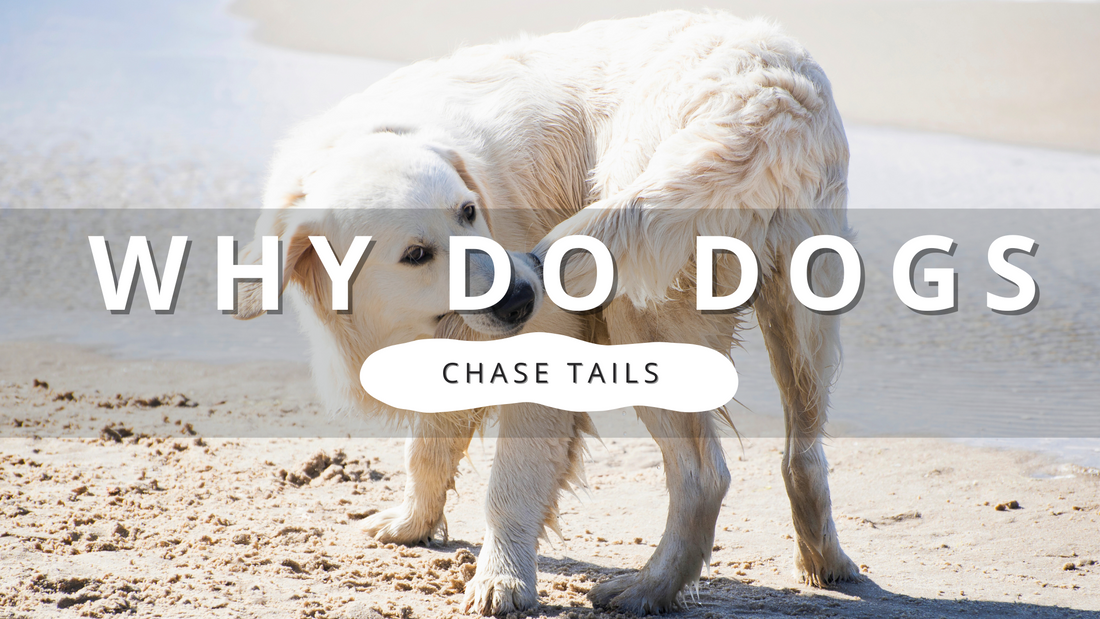
Have you ever watched your dog chase their tail in circles, seemingly oblivious to the absurdity of the situation? This curious behavior has puzzled pet owners for centuries. While the exact reasons behind tail-chasing can vary, it's often a combination of instinct, boredom, and sometimes, underlying health issues.
Instinctual Behavior
One of the most common reasons dogs chase their tails is due to instinctual behavior. Tail-chasing can be seen as a form of play or exercise, similar to a cat chasing a laser pointer. For puppies, it's a way to explore their bodies and learn about their surroundings. As they grow older, this behavior may persist as a form of entertainment or a way to relieve stress.
Boredom and Anxiety
Dogs, like humans, can experience boredom and anxiety. When dogs are bored or anxious, they may engage in repetitive behaviors, such as tail-chasing, to cope. This can be especially true for dogs who are left alone for long periods or those who lack adequate mental and physical stimulation.
Health Issues
In some cases, tail-chasing can be a sign of an underlying health issue. Dogs with skin irritations, allergies, or pain may chase their tails as a way to soothe themselves. Additionally, certain neurological disorders can cause dogs to exhibit compulsive behaviors, including tail-chasing.
Obsessive Compulsive Disorder (OCD)
Obsessive compulsive disorder (OCD) is a mental health condition that can affect dogs as well as humans. Dogs with OCD may engage in repetitive behaviors, such as tail-chasing, excessive grooming, or pacing. While the exact causes of OCD in dogs are unknown, it is believed to be a combination of genetic and environmental factors.
How to Prevent Tail-Chasing
If your dog is exhibiting excessive tail-chasing, there are several things you can do to help:
- Provide mental and physical stimulation: Engage your dog in interactive play, training sessions, or puzzle toys to keep them mentally stimulated. Regular exercise can also help alleviate boredom and anxiety.
- Consult a veterinarian: If you suspect that your dog's tail-chasing may be due to a health issue, it's important to consult with a veterinarian for a proper diagnosis and treatment.
- Consider behavioral training: A professional dog trainer can help you identify the underlying causes of your dog's tail-chasing behavior and develop strategies to modify it.
While tail-chasing is a common canine behavior, it's important to monitor your dog's behavior and seek veterinary advice if you notice any changes or excessive tail-chasing. By understanding the potential causes and taking appropriate steps, you can help your dog live a happy and healthy life.
XOXO,
EmTeam
EMPAWR is a community-powered lifestyle dog brand with the mission to empower and inspire the next generation of dog owners to celebrate dog's individuality and personality. Explore our high-quality, jewelry dog ID tags, dog collars, dog leashes, dog bandanas and more at www.EMPAWR.com.


